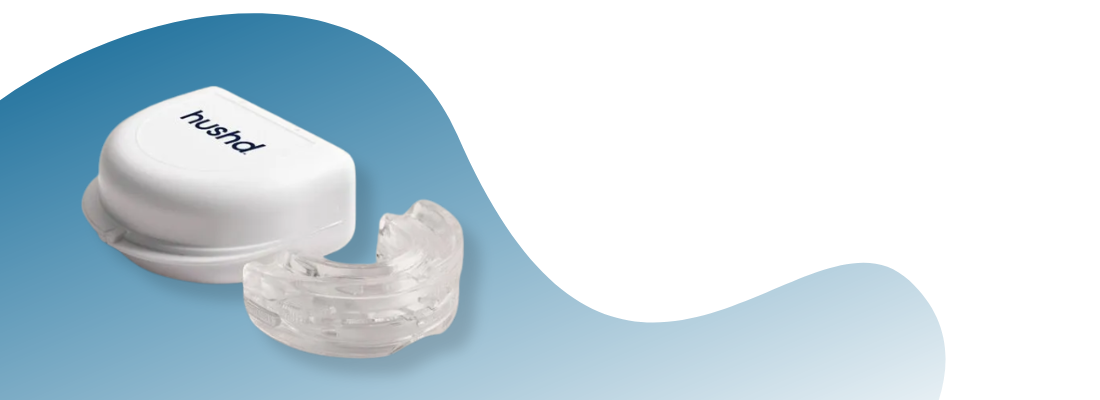What is Bruxism?
What is Bruxism?
Bruxism is condition where you involuntarily grind and clench your teeth. While it can happen during the day it is more likely to occur while you are asleep, making it hard to know if you have bruxism. It can also be a risk factor for other sleep disorders, with about 50% of adults with obstructive sleep apnoea having comorbid sleep bruxism.
Common Symptoms
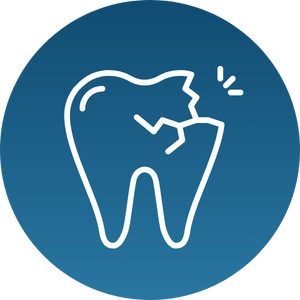
Damaged Teeth
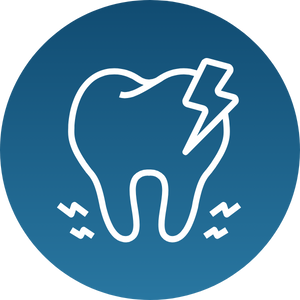
Tooth Pain or Sensitivity
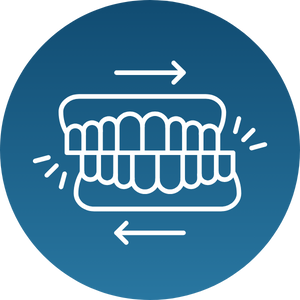
Tired, Tight or Locked Jaw
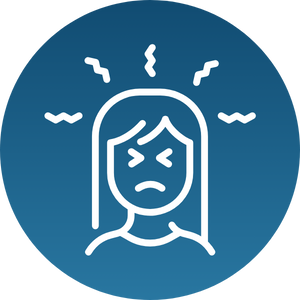
Dull Headaches
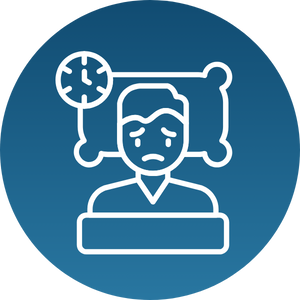
Problems Sleeping
Are you at risk?
In just 2 minutes our FREE quiz can help you discover if you could have sleep apnoea. It's an easy first step towards taking control of your sleep health.

Seeking Diagnosis
Seeking Diagnosis

Dental Checkup

Level 4 Sleep Test
If they feel it could be linked to sleep problems, they may suggest that you do a sleep test. You can do it at home or in a clinic, depending on what suits you best. Choosing the right path is key to getting your sleep health back on track.

